Such a beautiful experience can become troubled as it can cause some unexplained pelvic pain after birth, however, that shouldn’t be happening. The beautiful experience of Motherhood can be very disconcerting if it is coupled with physical pain.
Postpartum recovery is a very individualized experience for every woman it is a unique experience as we cope with physical and emotional changes as our bodies heal and adapt to the baby’s needs Through all these years of clinical experience, of working with new moms, pelvic pain and low back pain are very common denominator regardless of it being their first, second, third or even fourth baby.
Very often postpartum women are adapting to being a mom while taking care of this absolute bundle of joy. Nurturing emotions of nesting, love, excitement, and happiness are abundant, but as their bodies heal there are some pains that never go away, some that develop over time and some ‘strange physical discomforts” that never happened to her before birth is happening to her now, and no matter who she asks the answer has been the same: “well, honey you just had a baby, things are never the same after”.
She notices that every time she sneezes, there’s a little bit of pee coming out, then she notices it happens again when she coughs, to the point, that if she lifts something up that’s a bit heavier than her baby, a tiny bit comes out, she thinks to herself: “Is this normal?” And when asking her fellow mom friends, her own mother, or even her doctor, they all say the same: “that’s normal, it happens after you have given birth, just make sure to wear pads, you won’t even notice after a while”, to which she wonders, is this going to be my life forever?
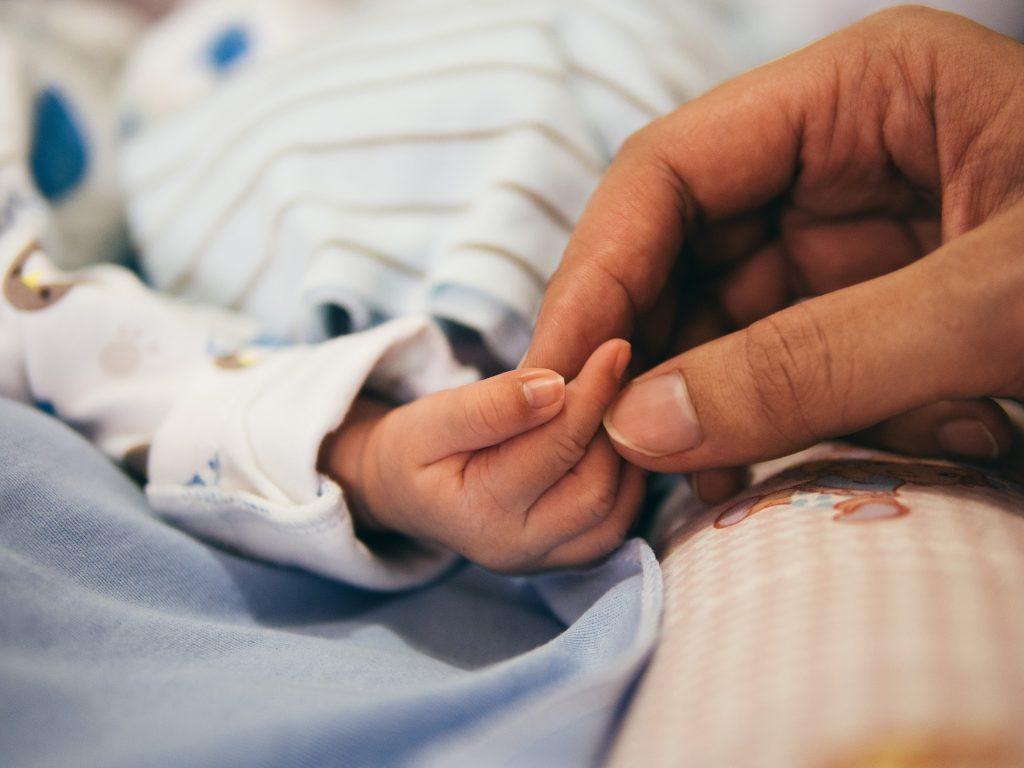
Once she’s cleared by her doctor to exercise, having sex and getting back to regular life, she is a bit apprehensive because her leaking is still there, now present when she laughs as well. But then, another strange physical pain strikes her… when trying to have sex with her partner, there’s some intense pain in her vaginal area, making sex too painful for her, which she thinks is odd, this has never happened to her before, she just thinks she is sensitive still from birth, but when it happens again the next time they have sex, it worries her, is this her new normal?
She also notices that even after her cramping has subsided completely, she has some pelvic pain, some lower back pain at all times, and she doesn’t know what could be causing it. Could it be from tiredness?. As she adapts to this painful new normal, her joy is becoming tainted and she worries and feels guilty about not enjoying this precious time with her baby to the fullest of potential, but just thinks it’s all part of motherhood.
It is very important to know that Jen is not alone. Millions of women all over the world suffering from similar symptoms., Interestingly, these symptoms can be so common that often women assume this is just how motherhood is supposed to feel, and don’t bring it up to her doctor often enough to raise some red flags. It is however very important to know that, just because these concerns are COMMON, it does not mean they are NORMAL.
Common pelvic health symptoms after birth
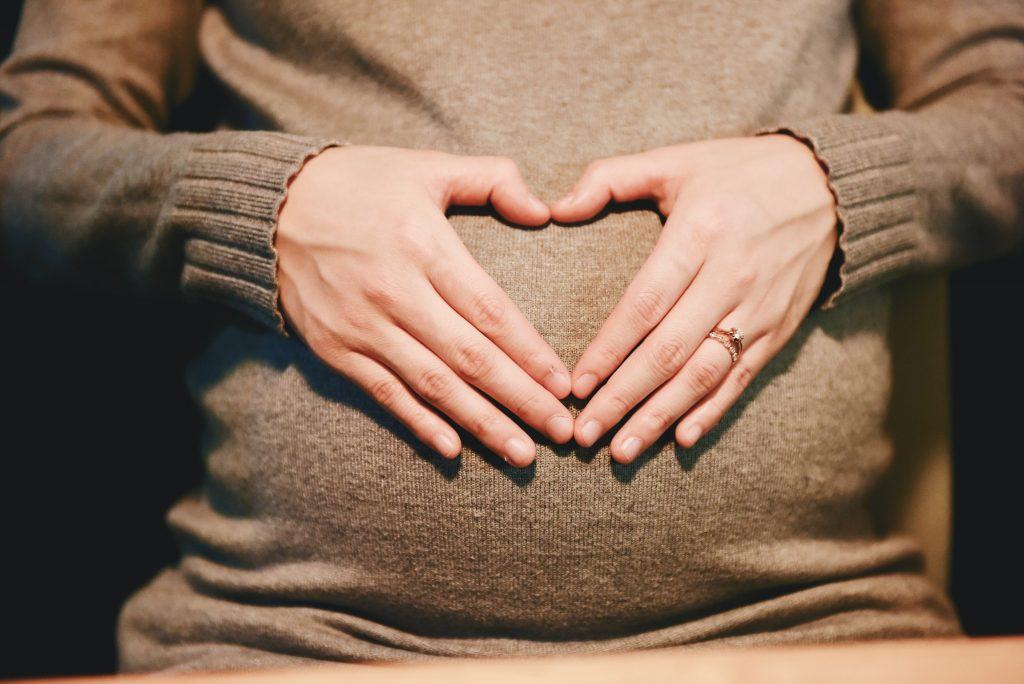
Most commonly, women experience incontinence, which is basically an involuntary loss of urine, gas, or stool. This is a symptom that happens as a result of damage to the pelvic floor muscles, nerves, and fascia during pregnancy and after childbirth. This is a widespread issue across the US, as more than half of women over 20 years old in the US experience some type of incontinence.
However, incontinence isn’t really the only common symptom women experience as a result of pregnancy and childbirth, there are many others. Among the other symptoms are back, groin, hip, vulvovaginal, tailbone, or pelvic floor pain; pain during sex, diminished or absent orgasm, urinary frequency, urgency, or retention (retention means you experience difficulty starting your urine stream), constipation and difficulty evacuating your stool, which can be extremely uncomfortable; these painful symptoms can often make it difficult or sometimes impossible to exercise.
Another incredibly common abdominal issue that comes up with pregnancy is “diastasis recti”, which is a separation of the rectus abdominus muscle. rectus abdominaus is a central set of abdominal muscles. These ab muscles run down all the way down the front of the stomach connecting your ribs to your pelvic bone. Commonly, these muscles can separate when your belly starts to grow as your pregnancy progresses to make the necessary space for the baby. This condition can cause abdominal weakness, this can also be the cause for incontinence and back pain in postpartum. In some cases, this muscle fails to heal postpartum causing you to look pregnant long after giving birth.
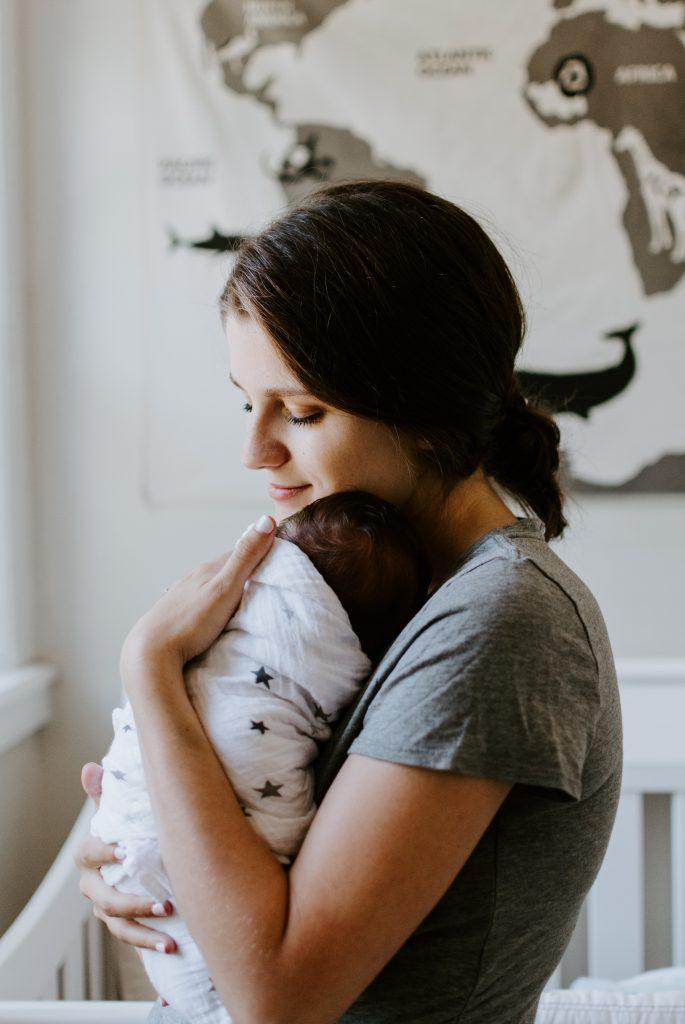
Another common finding in my postpartum women patients is pelvic pain after birth caused by fascial tension from the healing vaginal tears or an episiotomy performed during vaginal birth. This can lead to weakness and pain in your pelvic floor muscles. When the perineal tears are significant, (third or fourth-degree ) the depth of the tear goes into the pelvic floor muscles.n It is very important to note that the health of your pelvic floor muscles is responsible for maintaining continence, normal sexual health, and most importantly, they support the pelvic organs and joints.
Pelvic floor physical therapy treats prevent and resolve these issues. It is important to know that pelvic floor weakness or tears could have lasting repercussions even several years after a woman has given birth. It is imperative to get a pelvic PT to consult postpartum, just as Dr. Kelly Weisner commented on my latest Instagram post:
“Don’t wait to seek treatment for pelvic pain or discomfort! I was fortunate to have wonderful coworkers who supported me and guided me to seek out pelvic PT for myself before I started my journey as a PF PT! It’s so important to get this information out there!“
Dr. Kelly Weisner
The reality is that the majority of new moms are not aware that PT can help them. They seldom know how their bodies should really feel after giving birth! and what may be the repercussions of an unhealthy pelvic floor several years from now., It is interesting to note that according to a study published in 2013 83% of college-educated women are not aware of the anatomy and function of pelvic floor muscles, during pregnancy and after delivery.
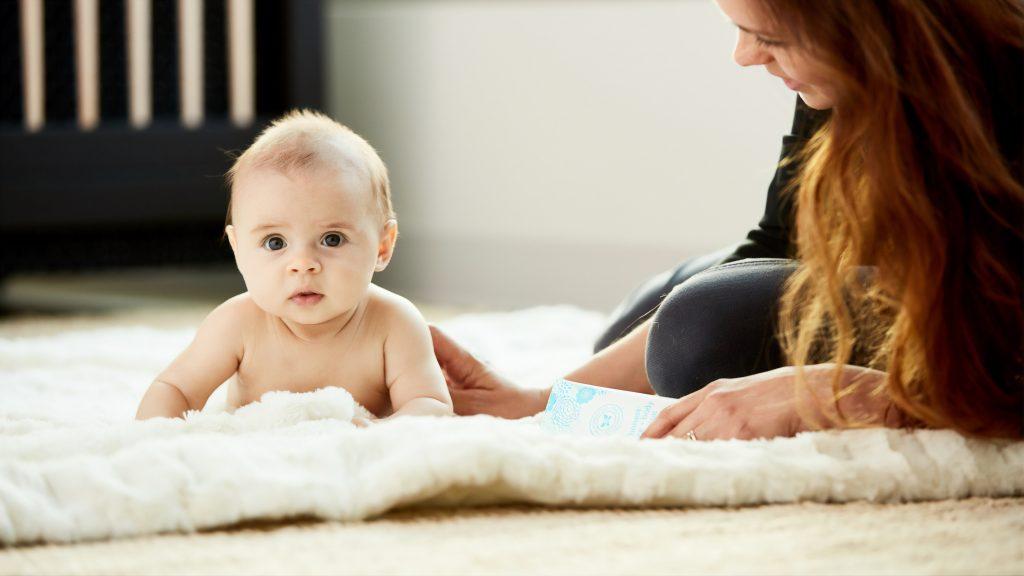
Pelvic pain after birth shouldn’t be the norm, it can be treated, all you need is a pelvic floor PT consult by a rehabilitation specialist who focuses on pelvic PT! Please, let me know what you think about this topic in the comments below!
Reference:
Verstraete, E. H., Vanderstraeten, G., & Parewijck, W. (2013). Pelvic Girdle Pain during or after Pregnancy: a review of recent evidence and a clinical care path proposal. Facts Views Vis Obgyn, 5(1), 33–43. doi: PMID: 24753927
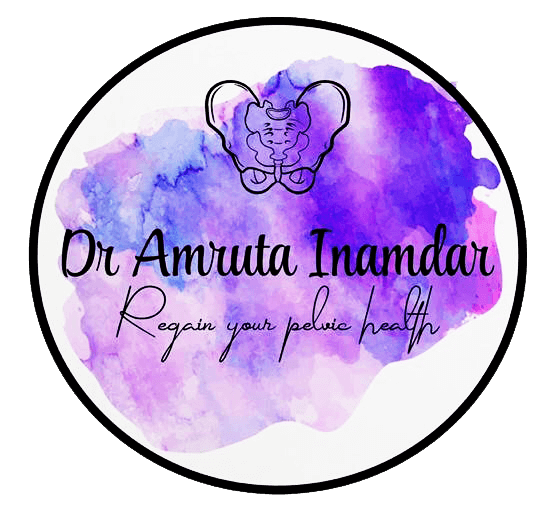
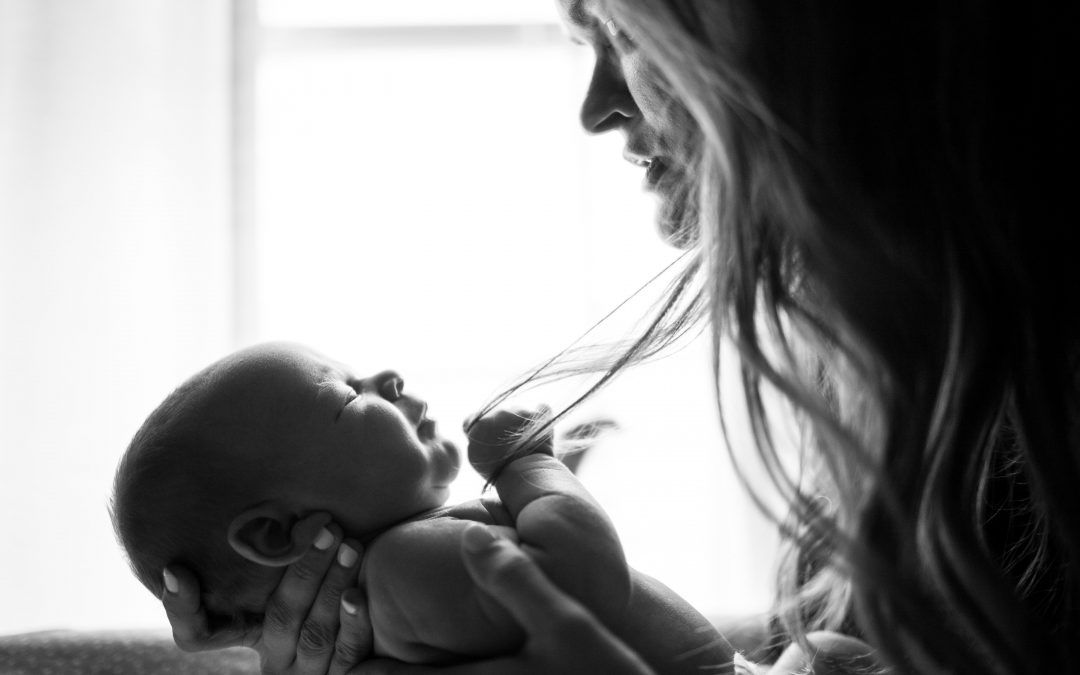
Recent Comments